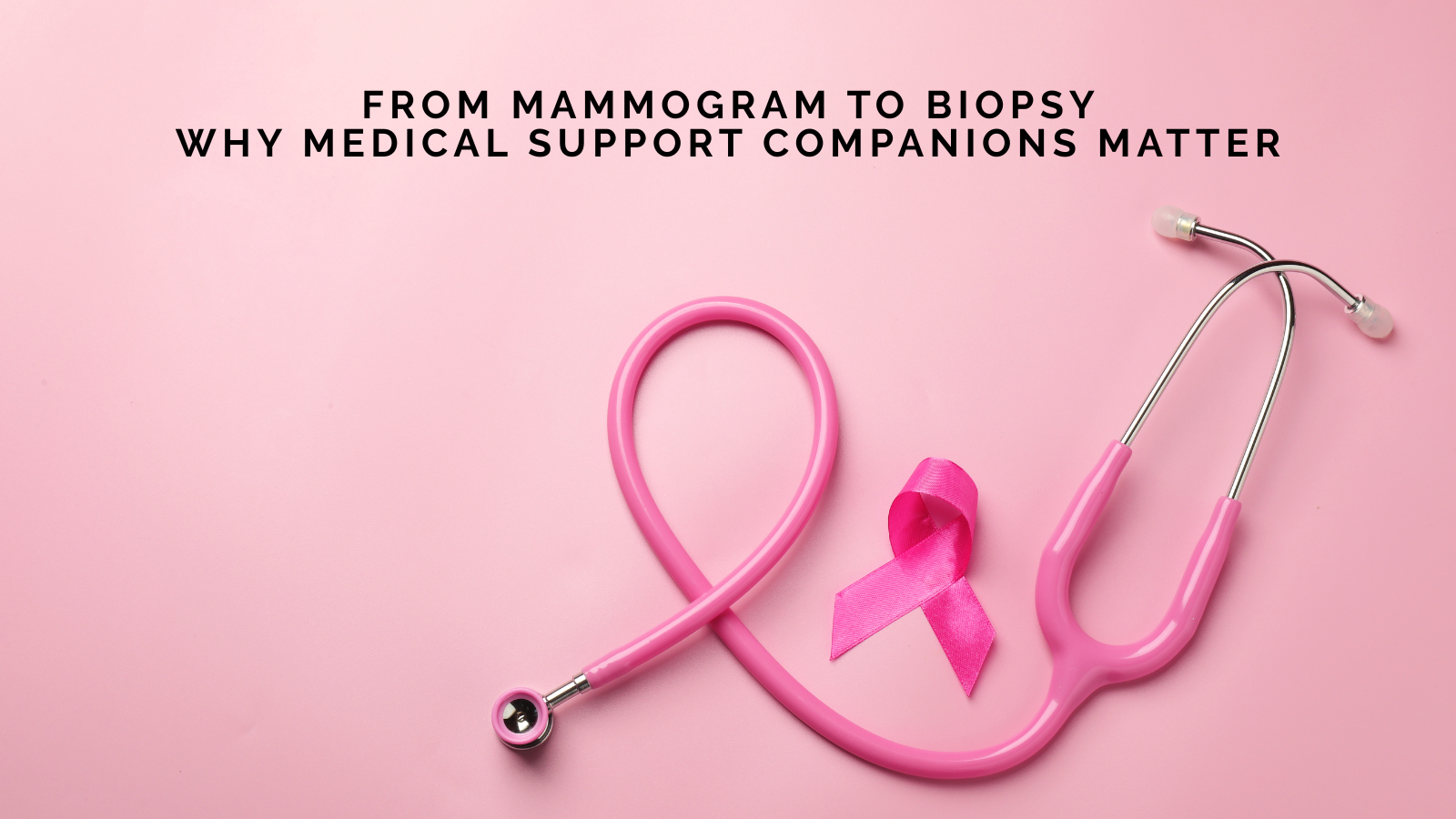.jpg)
“The limits of my language mean the limits of my world.” – Ludwig Wittgenstein
Wittgenstein, a philosopher who explored how language shapes meaning, fascinated me long before I fully understood him. In philosophy class, his ideas felt abstract, but with time I began to see how deeply he understood human communication. We often talk over one another, unaware that the same word can hold opposite meanings for different people. One person might hear a word and think of strength, while another hears the same word and thinks of weakness. A word that brings comfort to some may stir discomfort in others. When we don’t pause to acknowledge that, we end up talking past each other.
I think of empathy often, and how differently people interpret it.
The Misunderstanding of Empathy
Some believe empathy is soft, overly emotional — that it means crying for everyone or being so entangled in other people’s pain that you can’t function. Some even label it a weakness, a danger, or a sin.
But that isn’t empathy. That’s a misconception.
Part of the confusion comes from mixing up being an empath with having empathy. An empath may have a natural sensitivity to others’ energy, sometimes even feeling it physically. That is one experience. But empathy, in its truest form, is not about absorbing someone else’s pain — it’s about perspective.
What Empathy Really Means (to Me)
When I think of empathy, I think of being someone safe to talk to. Not because I have all the answers, and not because I fully understand someone’s story — but because I can listen without judgement.
To me, empathy doesn’t mean “I feel what you feel.” It means “I recognise that you feel what you feel.” Even if I don’t fully understand your experience, I can honour that it is your truth.
Holding space has become a familiar phrase — a way of saying, I may not share your experience, but I acknowledge its importance to you. Sometimes, that’s all someone needs: not advice, not a fix, but to feel seen and heard.
The Nuance of Empathy
Empathy isn’t simple. Our own history influences how we respond to others. We may feel a need to “fix” someone — whether from people-pleasing, a desire to make others happy, or an unconscious belief that we know best. If we carry unhealed wounds, we may even take on another person’s sadness as if it were our own.
This is why empathy requires balance. It’s not about sinking into someone else’s struggle. It’s about being with them while still remembering there is hope. Empathy says: Yes, what you’ve been through is real — and yes, healing is possible.
Empathy also doesn’t erase accountability. We can understand someone’s painful background without excusing harmful actions. I often think of court cases where a defence attorney explains a defendant’s past trauma. That may offer context, but it does not remove responsibility. There is a difference between explanation and excuse — and empathy helps us hold that tension with wisdom.
Why Empathy Matters
Empathy is ultimately about connection. It is not measured by how deeply we feel, but by how fully we are present.
When someone feels heard and validated, their pain may not disappear — but a door opens. Empathy creates space for both truth and hope, for hurt and the possibility of healing.
And the beautiful thing is, genuine empathy does not have to drain us. It can deepen our relationships and make the world feel a little safer, a little kinder — for all of us.
Wittgenstein was right: the words we use shape our world. If we keep reducing empathy to weakness, we limit its power. But when we redefine it as presence, perspective, and the ability to sit with someone in their truth — it becomes a source of strength.
Empathy doesn’t have to mean “I feel everything you feel.” It can simply mean:
“I see you. I hear you. And I believe your experience is real.”
Sometimes, that is exactly what carries us towards hope and healing.
_(49).jpg)
.png)
-2.jpg)
.png)
-2.jpg)
.jpg)
.jpg)
-2.jpg)

-2.jpg)
.jpg)